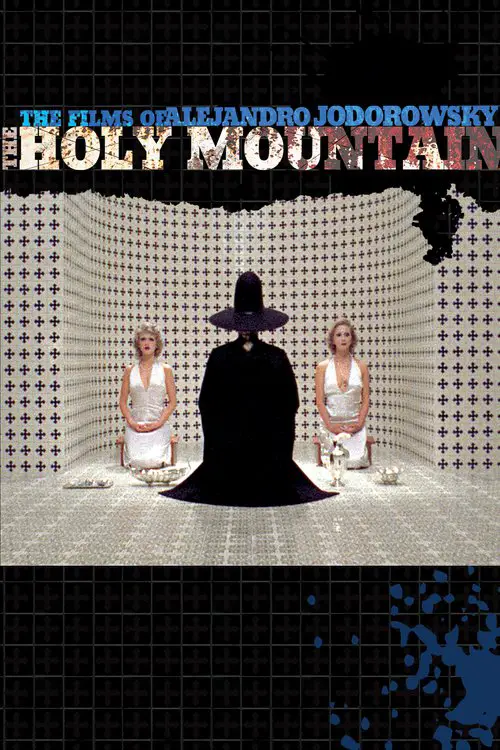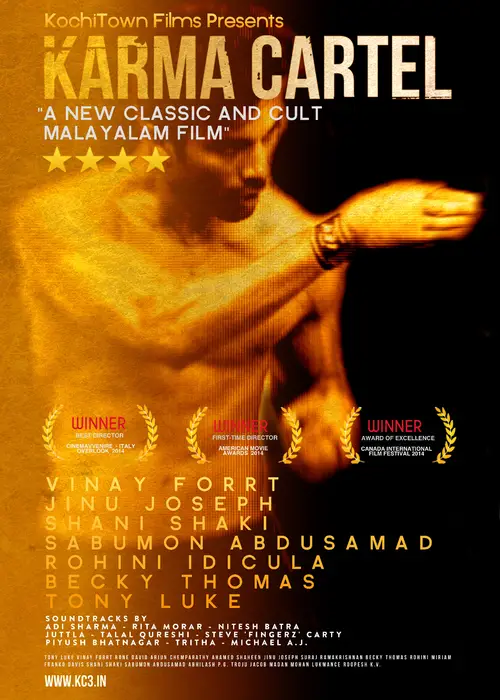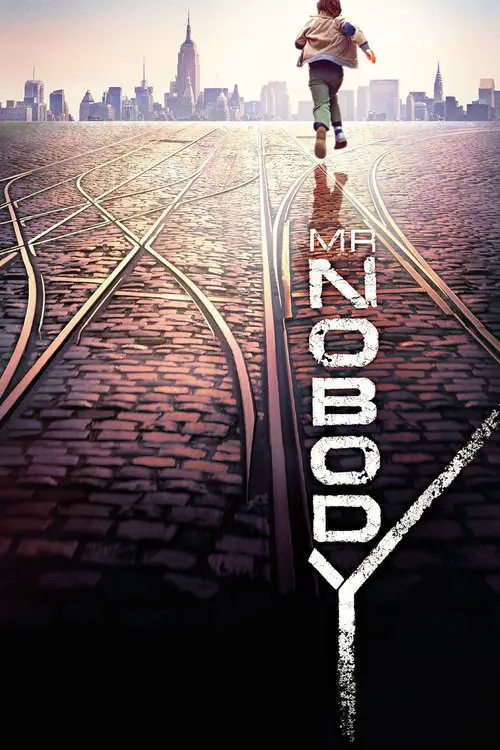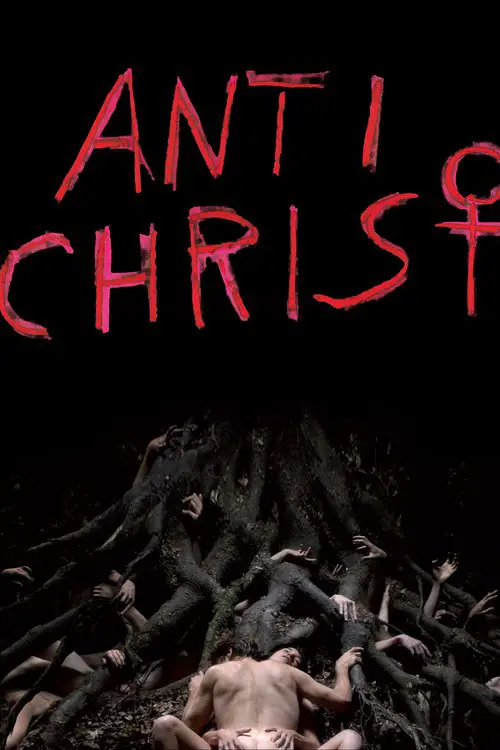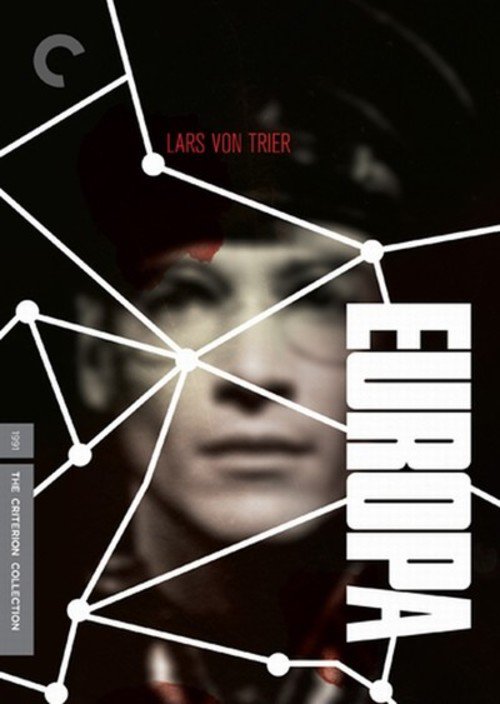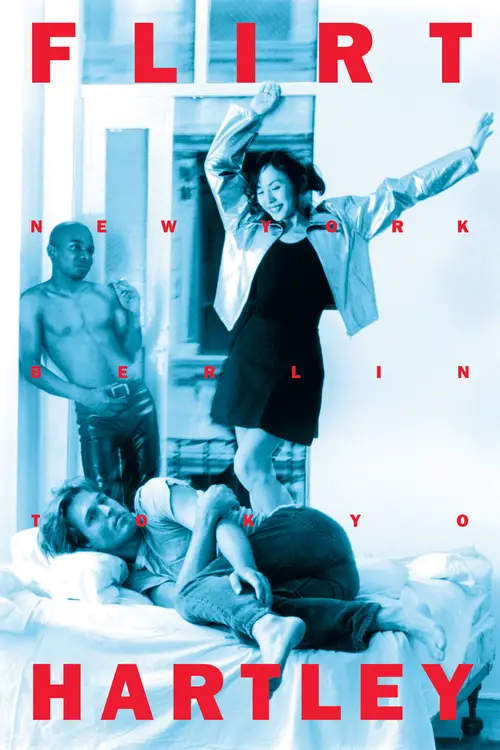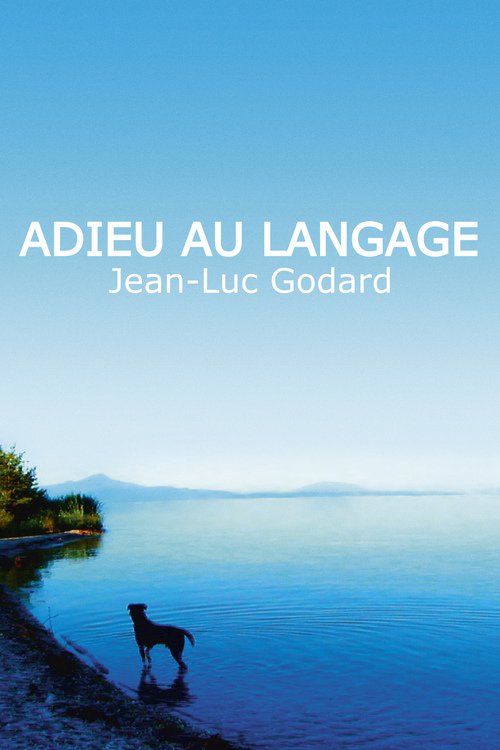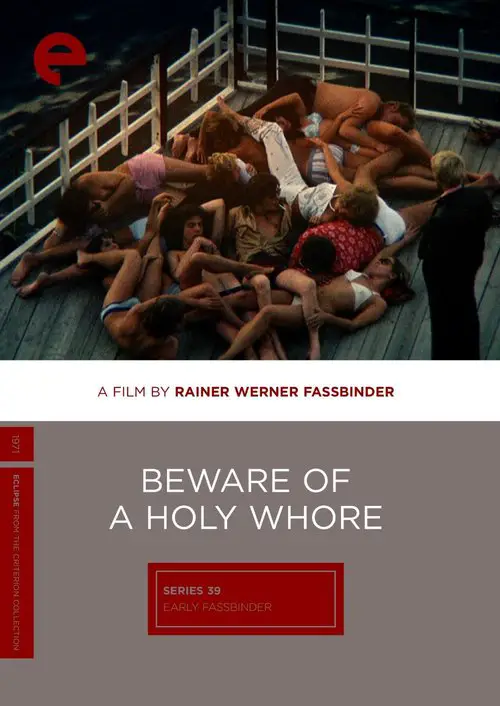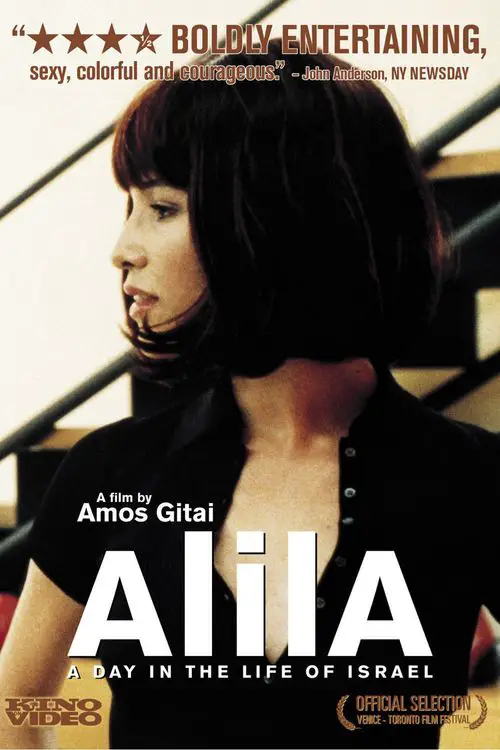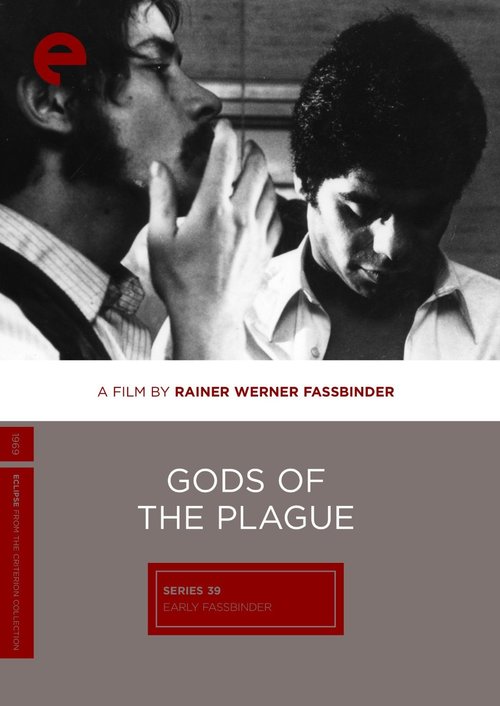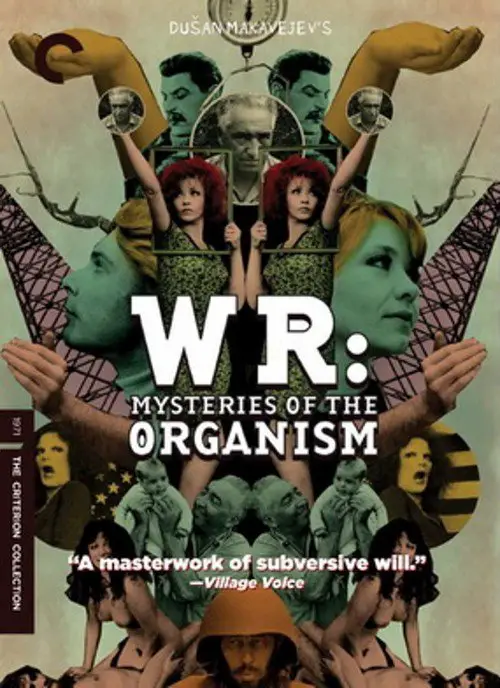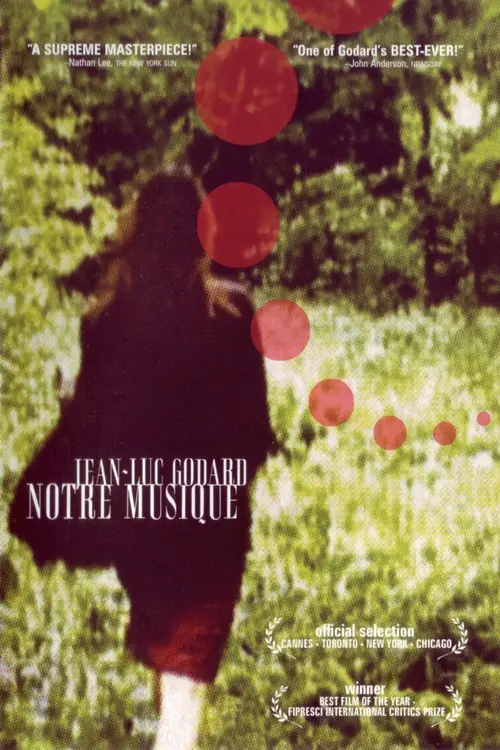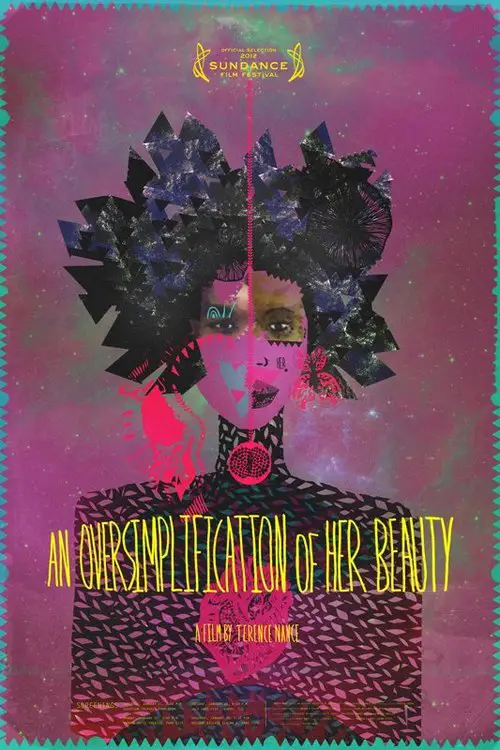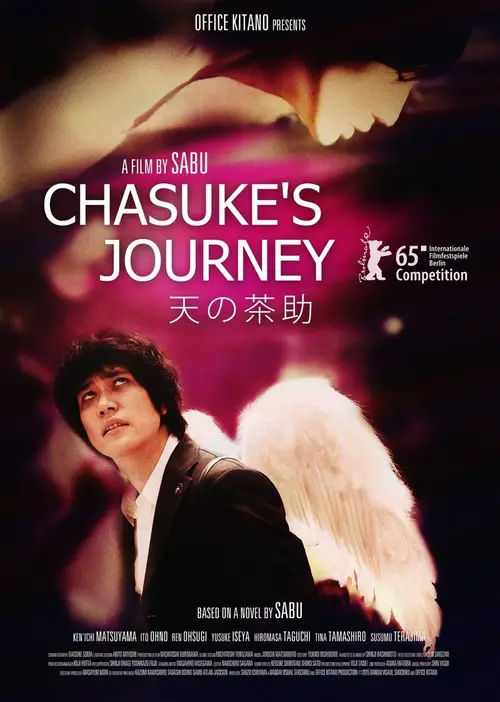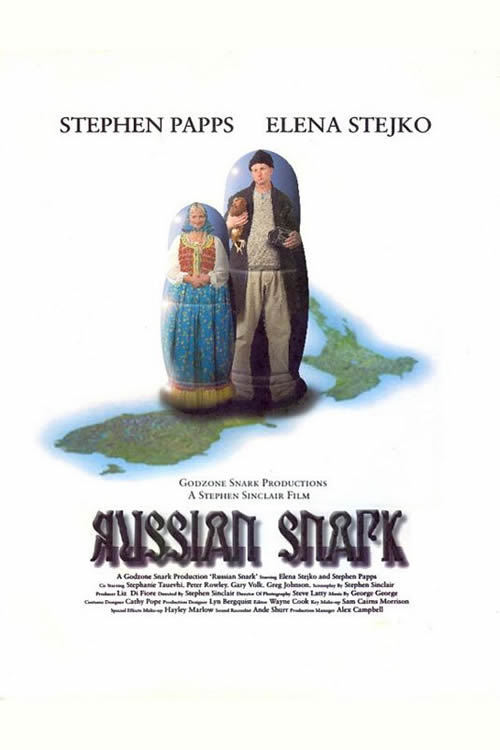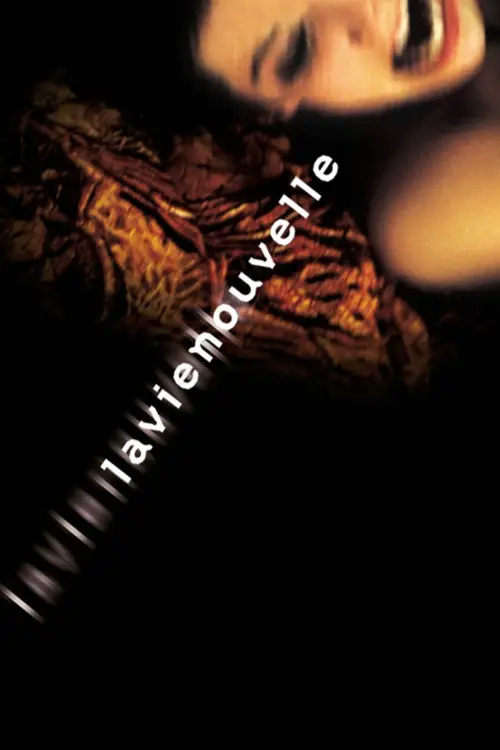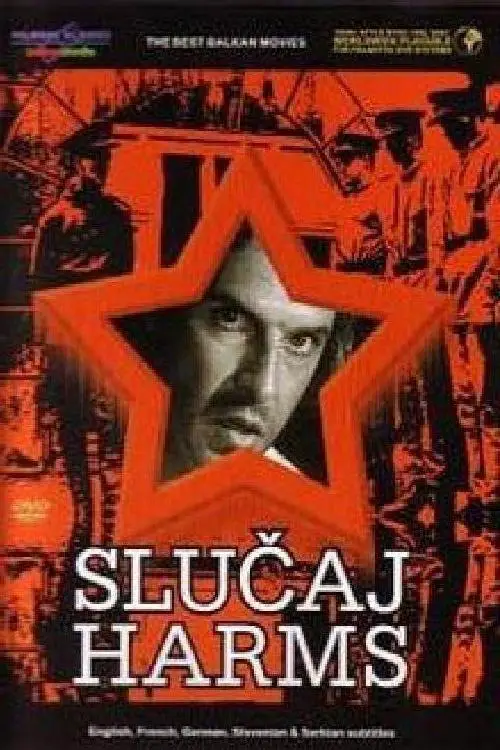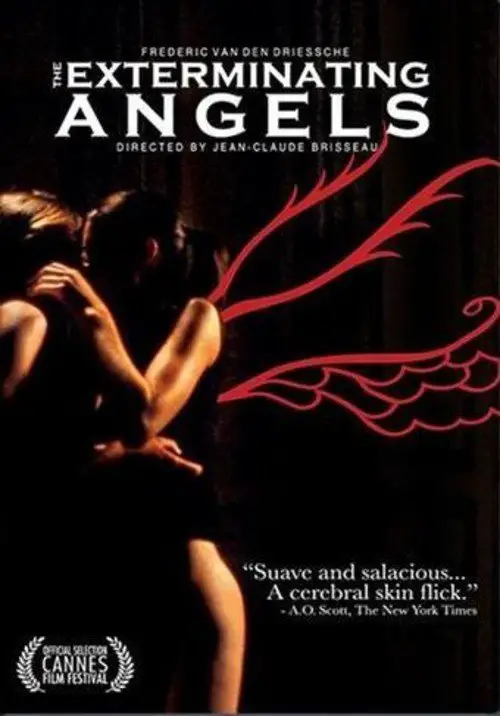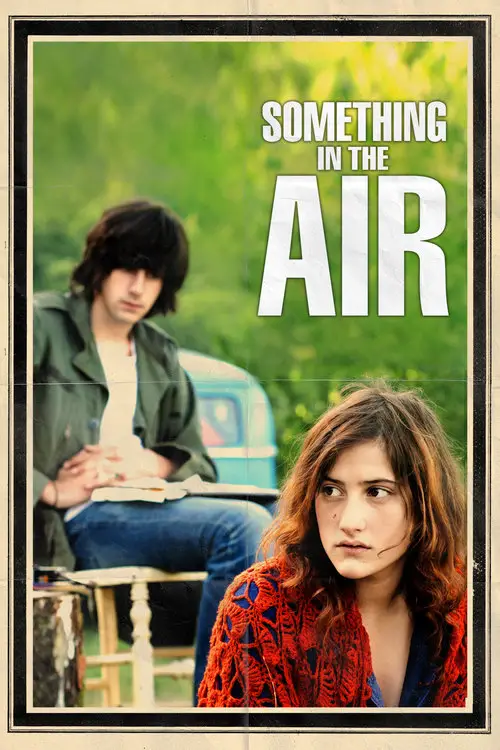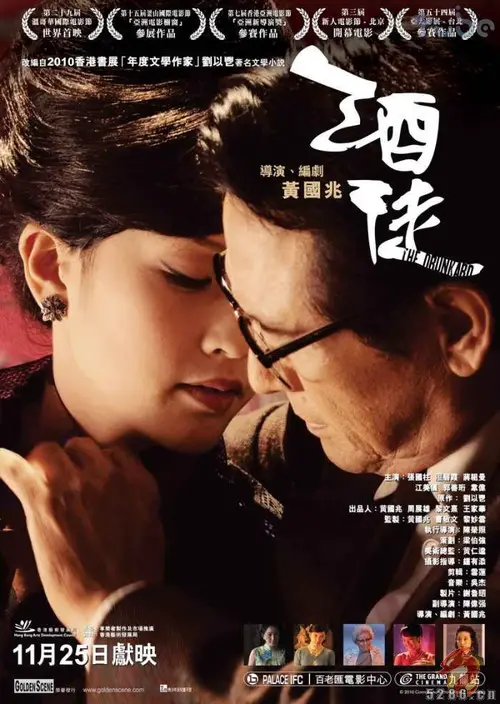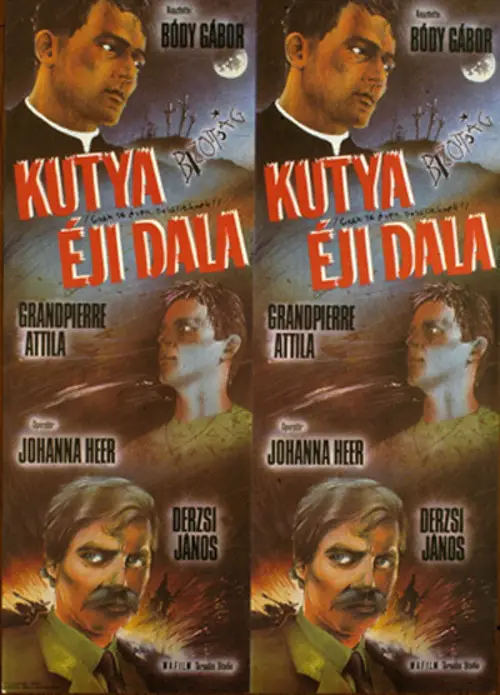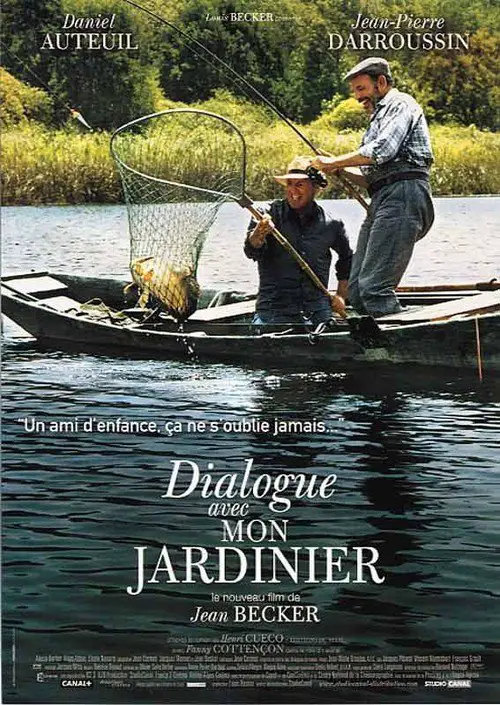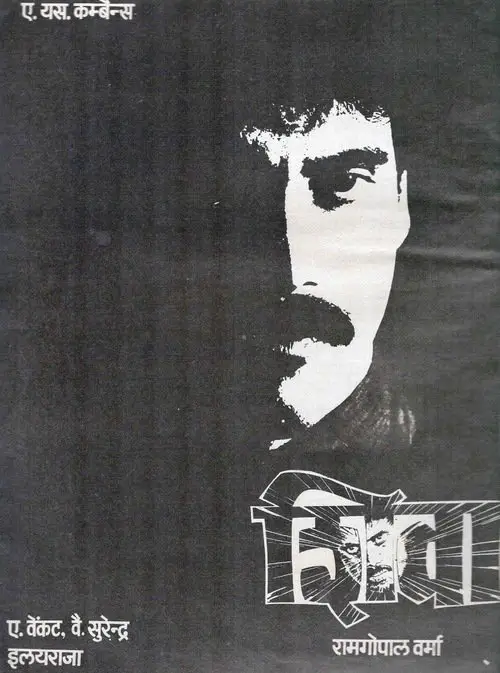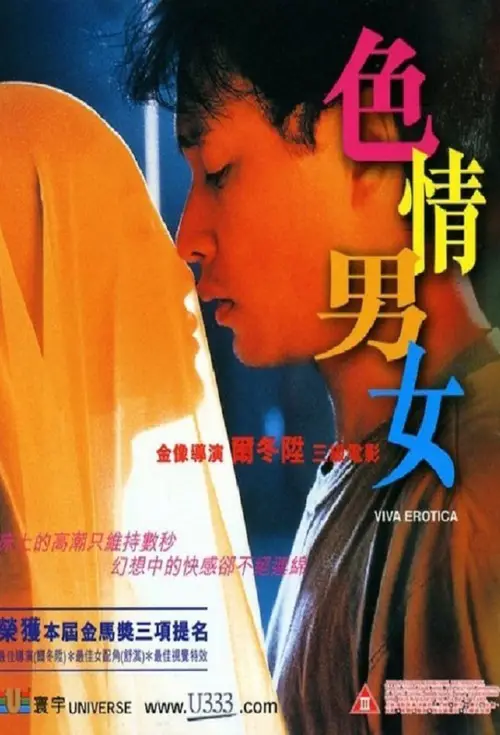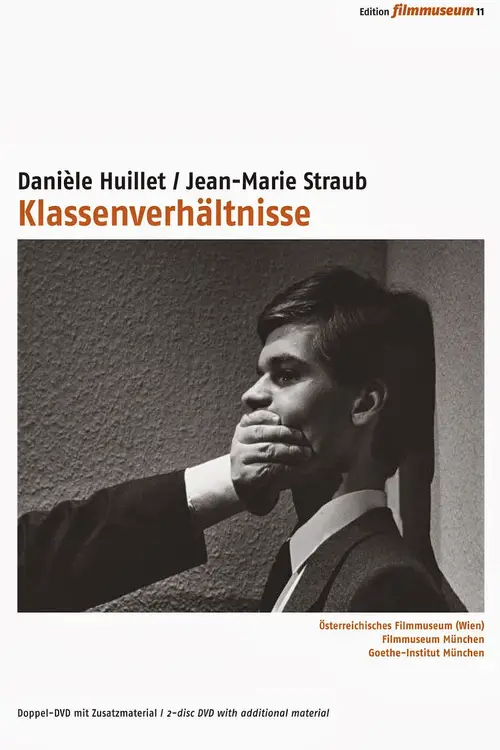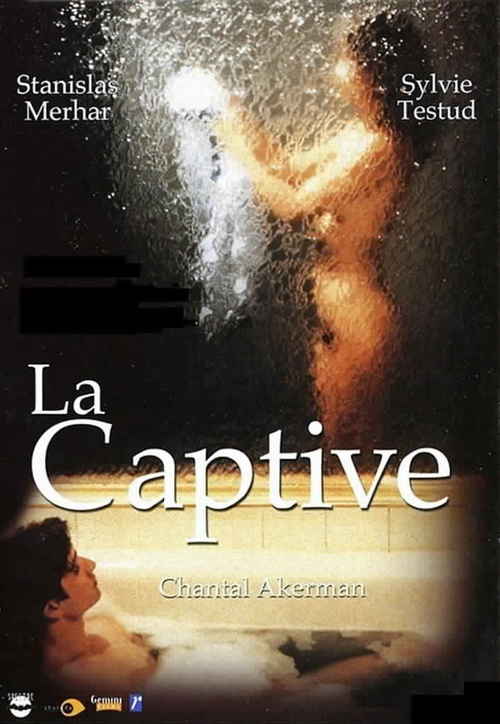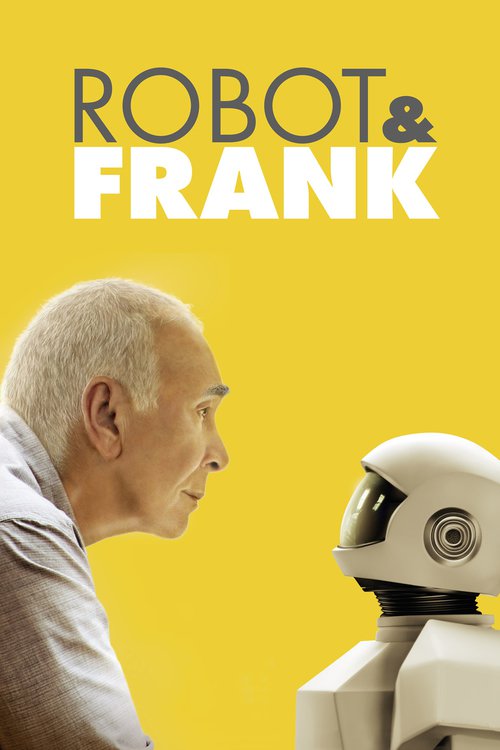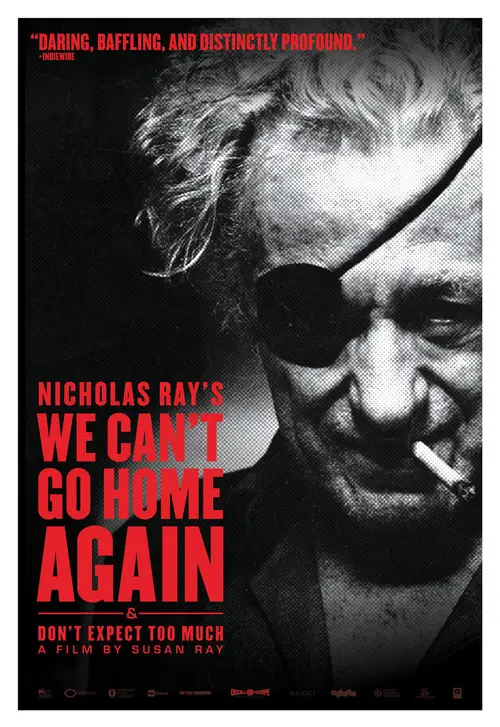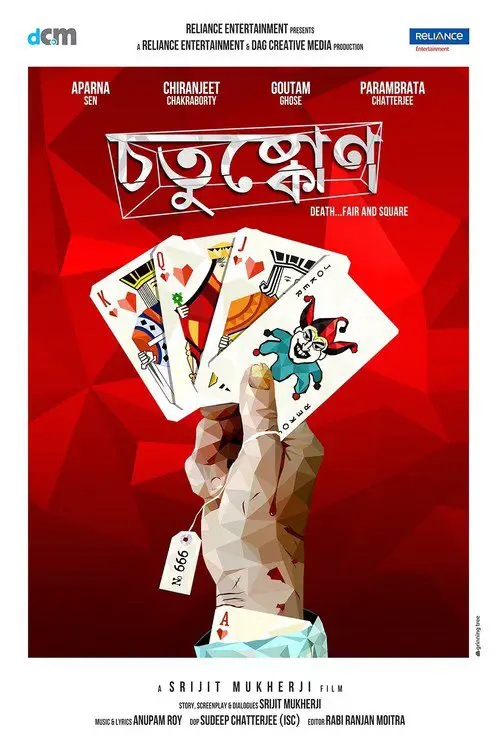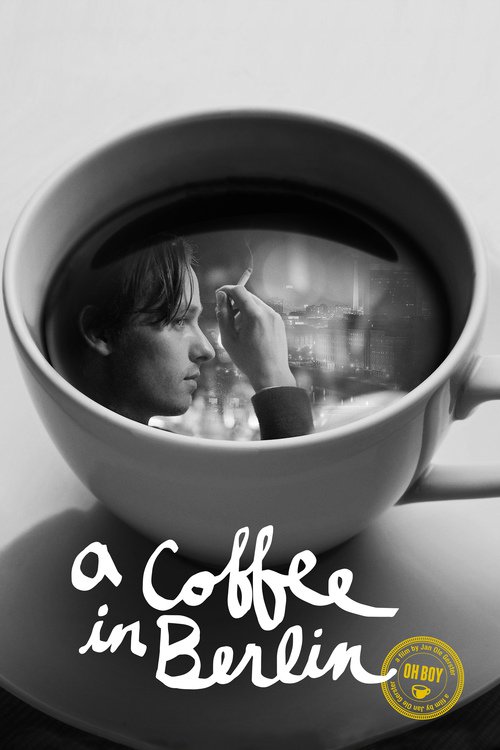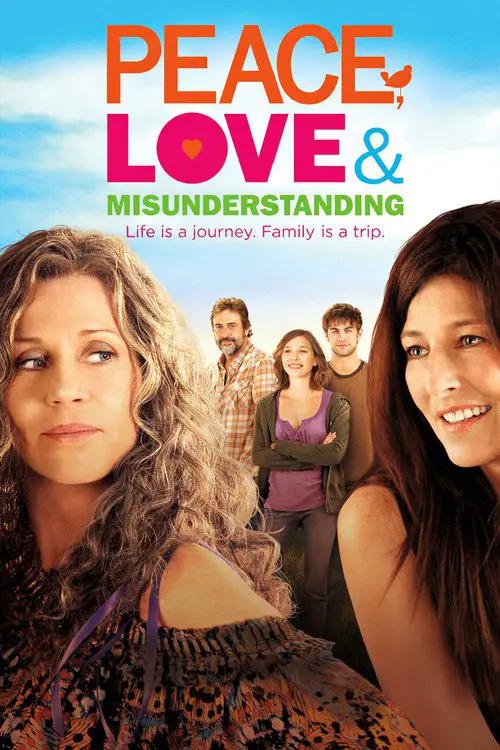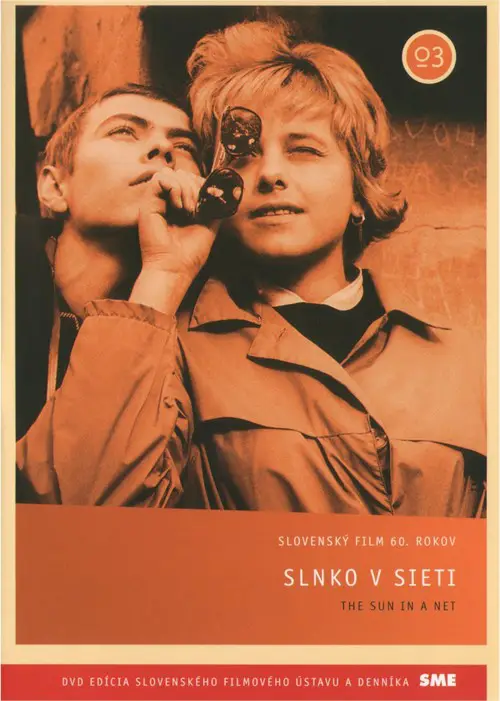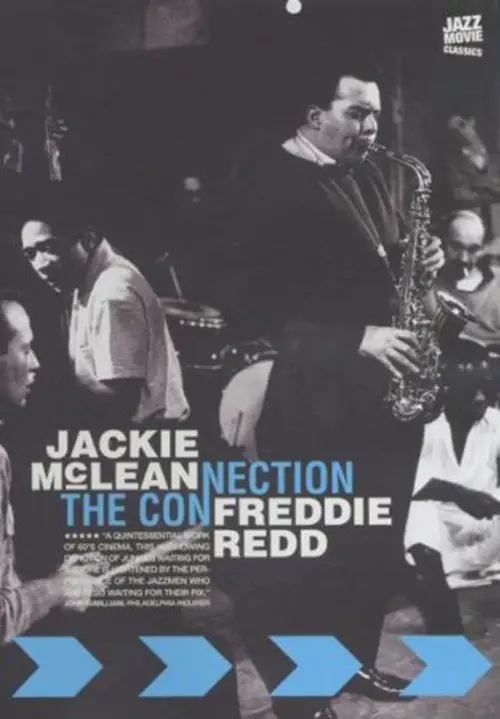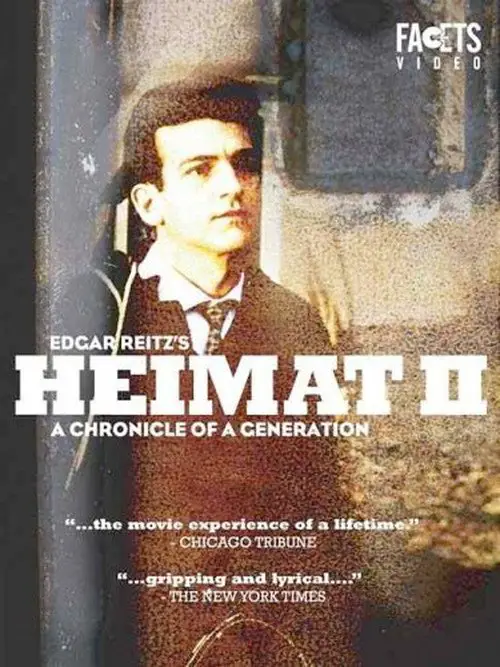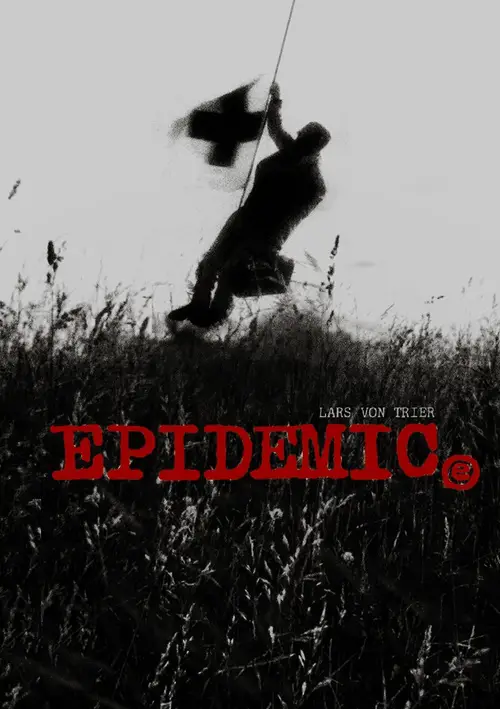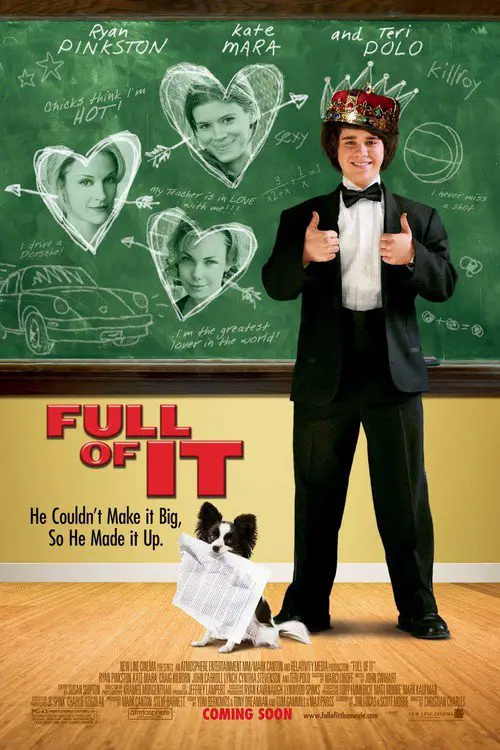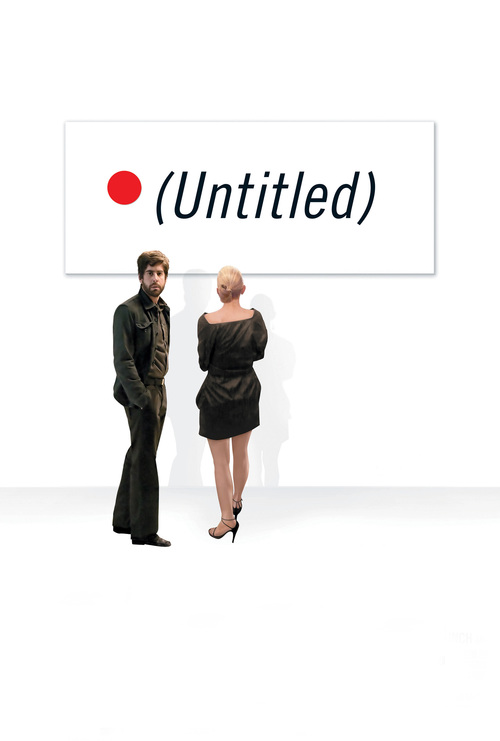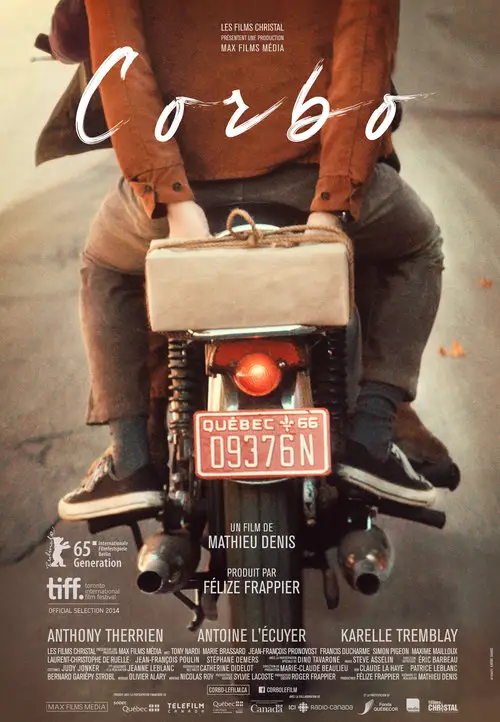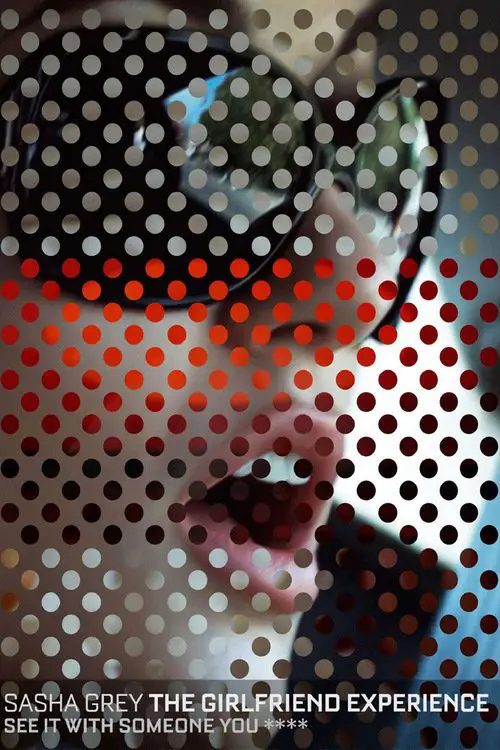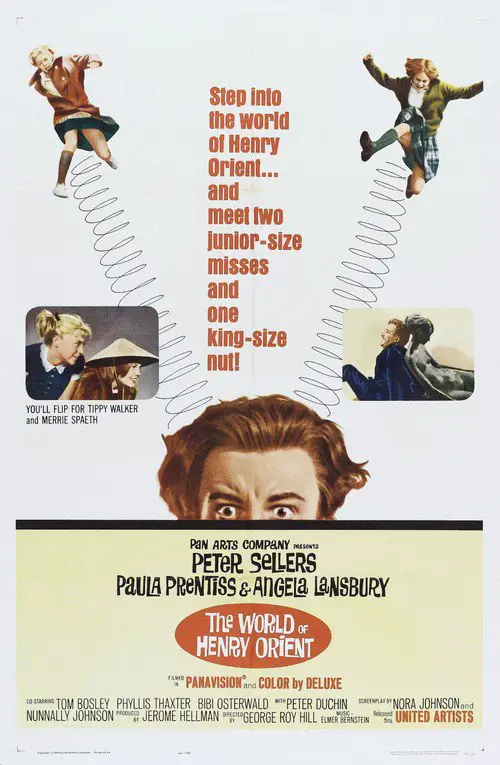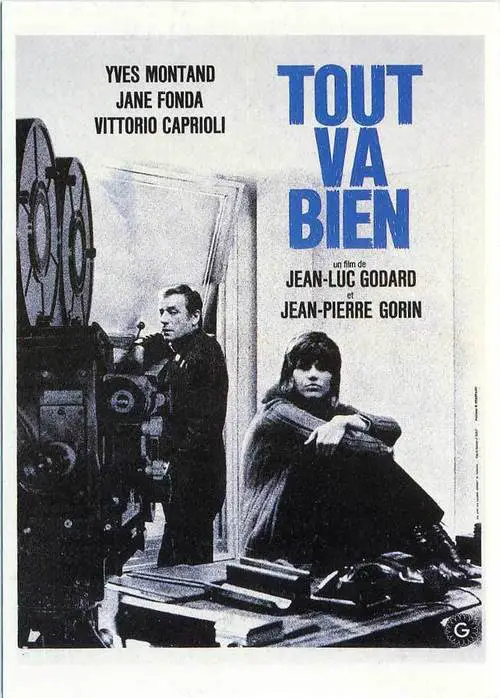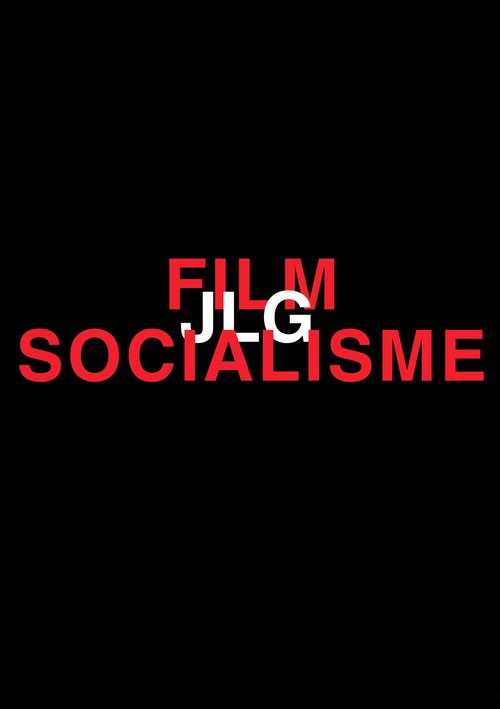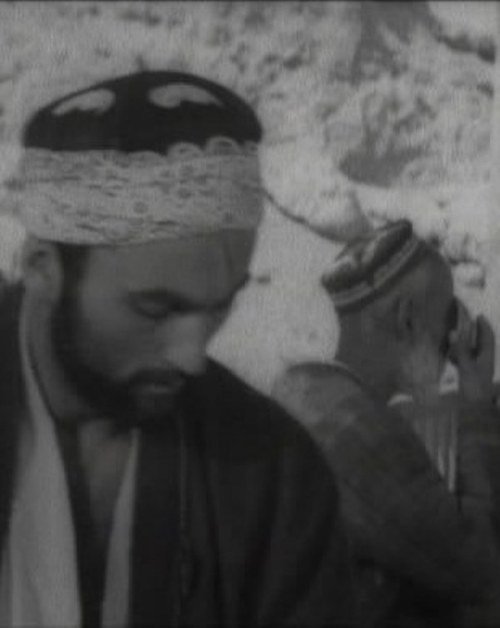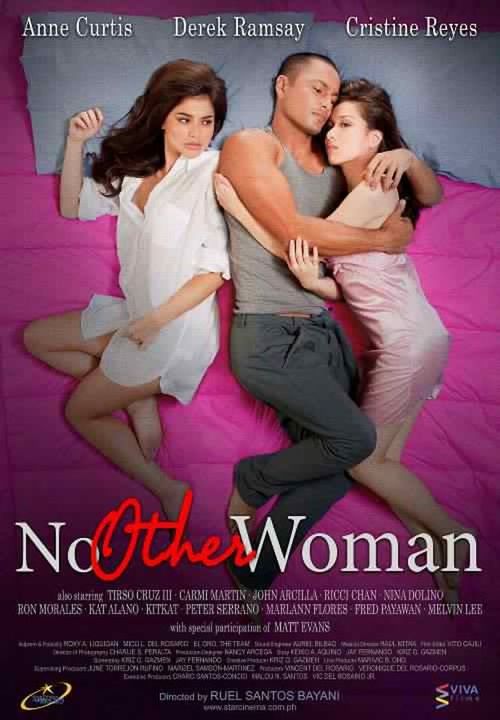Me, Myself, and My Third Eye: 4 Enlightened Stories For 1 Imperfect God (2010)
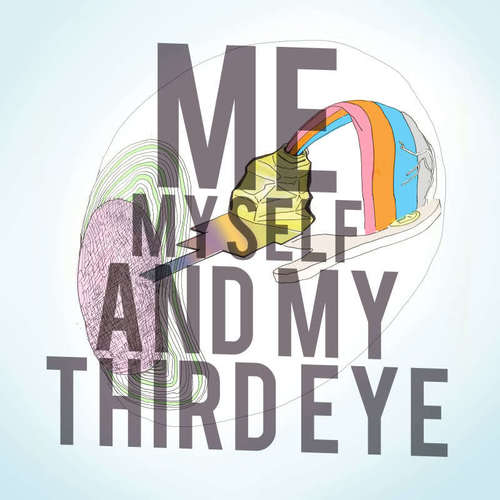
Similar movies
In an urban Indian city, A struggling actor battles for his career, but his friend who loses money in a scam deal commits an action that puts both of their lives in danger. The three last days before the incident follows the struggling actor, an ambitious filmmaker, a wannabe hustler, an opportunist, a lover and two cinephile thugs, through an inter-twining vignette of their lives.
An American, Leopold Kessler (Jean-Marc Barr) goes to post-war Germany in 1945 to work as a railroad conductor for the Zentropa Rail Line instead of going into the Army because he feels its a more valuable thing to do for the state of the world. He meets Katharina Hartmann (Barbara Sukowa), the daughter of the railroad owner and they fall in love.
A young man is confined in a mental hospital. Through a flashback we see that he was traumatized as a child, when he and his family were circus performers: he saw his father cut off the arms of his mother, a religious fanatic and leader of the heretical church of Santa Sangre ("Holy Blood"), and then commit suicide. Back in the present, he escapes and rejoins his surviving and armless mother.
In 1933, after leaving Dogville, Grace Margaret Mulligan sees a slave being punished at a cotton farm called Manderlay. Officially slavery is illegal and Grace stands up against the owners of the farm. She stays with some gangsters in Manderlay and tries to influence the situation. But when harvest time comes Grace sees the social and economic reality of Manderlay.
A barren soundstage is stylishly utilized to create a minimalist small-town setting in which a mysterious woman named Grace (Nicole Kidman) hides from the criminals who pursue her. The town is two-faced and offers to harbor Grace as long as she can make it worth their effort, so Grace works hard under the employ of various townspeople to win their favor. Tensions flare, however, and Grace's status as a helpless outsider provokes vicious contempt and abuse from the citizens of Dogville.
Life in a flimsy Tel Aviv apartment complex is a sour urban mosaic whose seedy characters, try as they might, can't get out of one another's faces. The character's lives overlap and collide. Gabi, a bobbed haired sexpot, and her lover Heziâwho's older, balding and marriedârent a room to have an affair, while Ezra, a pot bellied divorcee, supervises an illegal construction site next door. All this racket drives Schwartz, a Holocaust survivor, to a mental breakdown. Other characters include illegal immigrants, a teenage boy who's afraid to serve in the army, and a corrupt police officer. In each scene the camera moves through walls, over desks, and around rooms in order to keep focused on the character it's following, in moments of drama as well as in moments of mudane daily activity
Singapore Sling is chasing after Laura, a romantic memory from his past. One night he finds himself in a mysterious villa, watching two women bury a body. He falls into their trap and, in an atmosphere of isolation and decadence, the trio act out insane pleasure games and a ritual of blood and murder.
A dense film that cuts up footage of a primary plot of two young Yugoslavian girls, one a politico and the other a sexpot, and an affair with a visiting Russian skater. Mixing metaphors of Russia's relationship with Yugoslavia, intercut with footage and interviews with Wilhelm Reich and Al Goldstein of Screw magazine. The film applies Reich's theories of Orgone energy and analogies of Stalinism as a form of Freudian sexual repression. Also known as W.R. The Mysteries of the Organism in English subtitled version. Was banned in Yugoslavia shortly after it was made.
Jean-Luc Godard's poetic meditation on war, violence and defeat. The film is structured in three parts. The three segments are "Hell", "Purgatory", and "Heaven". The first segment is a montage of war images from documentary and fictional sources. The second concerns two young Jewish women attending a European arts conference in Sarajevo. The final segment concerns the after life.
A production company begins casting for its next feature, and an up-and-coming actress named Rose tries to manipulate her filmmaker boyfriend, Alex, into giving her a screen test. Alex's wife, Emma, knows about the affair and is considering divorce, while Rose's girlfriend secretly spies on her and attempts to sabotage the relationship. The four storylines in the film were each shot in one take and are shown simultaneously, each taking up a quarter of the screen.
Things are hectic in heaven. Dozens of scribes sit before a long scroll incessantly scribbling away. They are composing the biographies of earth-dwellers. What is invented by the men in heaven is lived out below. And their employer, God, is increasingly vehement in demanding avant-garde ideas. Take, for example, the beautiful Yuri, a girl who dies in a car crash. Some of the heavenly scribes find this very dull and send former gangster Chas, who has become a heavenly tea-boy, back down to earth with instructions to save Yuri no matter what. And so Chas ends up in Okinawa, gets to know the earth-dwellers, interferes in their fates, becomes celebrated as 'Mr Angel' and is hounded by brutal enemies. His falling in love with Yuri is of course a foregone conclusion. But no one could anticipate what happens next. Not even God himself
Misha (Stephen Papps), a once celebrated filmmaker who has fallen on hard times, resolves to leave his homeland in search of a film-friendly country where he can pursue his career. With his wife Nadia (Elena Stejko) in tow he sets sail from Russia in a tiny lifeboat, drifting cross the Pacific to finally arrive in New Zealand. Before long Misha realises that New Zealand is no more receptive to his ideas and aesthetic than Russia. Yet he perseveres with his experimental film, ignoring his wifeâs pleas to find work. Misha increasingly withdraws into himself, and his relationship with Nadia collapses. Alone, his obsessions take hold and he steadily descends into madness. Only a chance encounter with a young Polynesian woman saves him from the ultimate act of self-destruction. His friendship with Roseanna (Stephanie Tauevihi) inspires a re-awakening, as he begins to reconnect with the world around him.
Miss World Virginity, who is nearly mute, endures a horrifically kinky honeymoon but soon escapes to a scatalogically inclined commune in Vienna. Meanwhile, a madwoman pilots a candy-stuffed boat down a river. Yugoslavian director Dusan Makavajev intercuts these two wild tales with shocking footage of the discovery of mass graves from the Katyn Massacre.
Lau may love to indulge in a bit of alcohol and womanizing, but he's also a serious writer who's respected by his colleagues in the cultural world. However, his work is getting less and less respect from his commercial-minded editor, who forces Lau to write action-filled wuxia serials and erotic stories. After an attempt at a tasteful, cultural magazine fails, Lau succumbs to the commercial reality and writes practically anything to survive. Haunted by his memories of World War II and his professional failures, Lau falls even deeper into his addiction of drink and womanâ¦
This film is a haunting, weird masterpiece from director Gábor Body, who later committed suicide. Definitely not for everyone though. But if you're into enigmatic experimental / underground films, strange plots and bizarre atmosphere, this is a holy grail. Simply the best Hungarian avantgarde film (or the best Hungarian film ever..., which also includes some of the best Hungarian underground / punk bands of the early eighties. If you can catch it somewhere, don't miss it!! This film really deserves repeated viewings - and it still won't lose its mystery. There hasn't been any DVD releases of 'Kutya eji dala', what a shame.
A successful artist, weary of Parisian life and on the verge of divorce, returns to the country to live in his childhood house. He needs someone to make a real vegetable garden again out of the wilderness it has become. The gardener happens to be a former schoolfriend. A warm, fruitful conversation starts between the two men.
Shiva is a new student in the community college. He is welcomed by a group of collegians, including the lovely Asha, to whom Shiva is instantly attracted to. Shiva notices that there is violence within the college by people who are not even students. When he decides to find out their motives, he is met with violence, and threats. Now Shiva must decide to stand up for his college, or just carry on studying, finish college, and move on.
A delightful dramatic comedy, a buddy picture, and, for good measure, a heist film. Curmudgeonly old Frank lives by himself. His routine involves daily visits to his local library, where he has a twinkle in his eye for the librarian. His grown children are concerned about their fatherâs well-being and buy him a caretaker robot. Initially resistant to the idea, Frank soon appreciates the benefits of robotic support â like nutritious meals and a clean house â and eventually begins to treat his robot like a true companion. With his robotâs assistance, Frankâs passion for his old, unlawful profession is reignited, for better or worse.
Called by some a visionary masterpiece, and by others a foolâs errand, this controversial film embodies Rayâs last explorations in the medium that he called âthe cathedral of the arts.â Along with its technical innovations unequaled even today, the film explores the face of a community at a critical moment in our cultural-political history and offers a searing portrait of the filmmakerâs soul.
Chotushkone (Bengali: à¦à¦¤à§à¦·à§à¦à§à¦£; English: Quadrangle) is an Indian Bengali thriller film directed by Srijit Mukherji. "Four directors get together and plan to make a film, consisting of four short stories. They have an appointment with the producer on the outskirts of the city. While they are together, each comes up with a story which is unique in its own way, but connected to the other stories by a common theme - death. They spend a night in a nearby bungalow when their car breaks down. It is here that each of them revisits their past and are held at gunpoint by their 'nemesis'."
Eight drug addicts are waiting for their connection in a New York apartment belonging to Leach. Jim Dunn, a budding filmmaker, has agreed to pay for the fix if the addicts will allow him to film the connection scene. After the men get their shots, they talk Dunn into trying heroin in order to understand the subject "first hand." He becomes ill and while sleeping, Leach takes an overdose that puts him into a coma. Dunn recovers, with the aid of the connection, and writes off the film as a failure.
The movie consist of 13 separate episodes each handling a period between 1960 and 1970. It tells the story of a group of people in Munich (mostly music and film students). The movie tells a story in many different levels about love, friendship, misfortune, loss, art, politics, history with important historic events of the decennium in the background.
The second of Trier's films known collectively as the Europa trilogy. The other two films in the trilogy are The Element of Crime (1984) and Europa (1991). Co-written by Niels Vørsel, the film focuses on the screenwriting process. Vørsel and von Trier play themselves, coming up with a last-minute script for a producer. This story is intercut with scenes from the film they write, in which von Trier plays a renegade doctor trying to cure a modern-day epidemic. In an ironic twist, the doctor discovers that he himself has been spreading the virus.
Chelsea is an in-demand call girl whose $2,000 an hour price tag allows her to live in New York's lap of luxury. Besides her beauty and sexual skill, Chelsea offers her clients companionship and conversation, or, as she dubs it, "the girlfriend experience." With her successful business and a devoted, live-in boyfriend, Chelsea thinks she has it made... until a new client rocks her world.
Based on a true story. Shortly after World War II, Preston Tucker is a dynamic engineer and an enthusiastic showman who envisions the car of the future. Against mighty odds he manages to build a fleet of them - only to have his factory shut down by Detroit's Big Three automobile manufacturers. They took away his car - but nobody could take away his dream.
Concert pianist Henry Orient (Peter Sellers) is trying to have an affair with a married woman, Stella Dunnworthy (Paula Prentiss), while two teenage private-school girls, Valerie Boyd (Tippy Walker) and Marian Gilbert (Merrie Spaeth), stalk him and write their fantasies about him in a diary. Orient's paranoia leads him to believe that the two girls, who seem to pop up everywhere he goes, are spies sent by the husband of his would-be mistress. When Val's mother, Isabel Boyd (Angela Lansbury), finds their diary, she suspects that Henry has acted inappropriately with her daughter. She contacts Orient and they end up having an affair. Val finds out about it, as does her dad.
A symphony in three movements. Things such as a Mediterranean cruise, numerous conversations, in numerous languages, between the passengers, almost all of whom are on holiday... Our Europe. At night, a sister and her younger brother have summoned their parents to appear before the court of their childhood. The children demand serious explanations of the themes of Liberty, Equality and Fraternity. Our humanities. Visits to six sites of true or false myths: Egypt, Palestine, Odessa, Hellas, Naples and Barcelona.
Furniture supplier Ram is happily married to Charmaine. One day, Ram lands a big client, a new luxury resort. But he needs the help of Kara, the daughter of the owner of the resort, to finalize the deal. Kara's help, however, comes with a price, because she fancies Ram to be her lover. Not before long, Kara successfully seduces Ram, even though she knows about his marriage. When Charmaine learns of the affair, she finds ways to fight for her husband's waning attention.
© Valossa 2015–2025
| Privacy Policy
